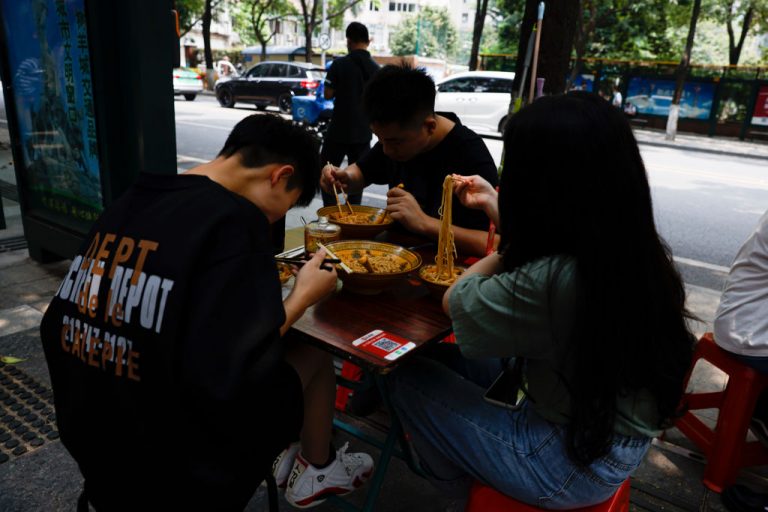One of China’s most recognized hot pot chain brands witnessed a $4 billion dollar decline in its market value over a span of three days as a result of the government imposing strict international travel and quarantine rules amidst rising cases of COVID-19.
On Oct. 27, the market value of hot pot chain Haidilao International Holding took a hit, going down 7.5 percent to its lowest level since March 2019. The stock was the worst performer on the Hang Seng Index last week. After hitting a peak of HK$86 in February, Haidilao shares are currently trading at around HK$20.
China’s retail spending patterns, which were starting to trend towards a normal trajectory, were again at risk of taking a dive owing to the cross-province travel restrictions imposed by the Chinese government in response to the flurry of COVID-19 cases in the northwest region. More than 150 infections were reported in the mainland last week, with health officials speculating that the situation could get worse.
In such a scenario, the recovery of retail players like Haidilao is said to be uncertain. Credit Suisse analyst Veronica Song stated that the company currently would probably be considering shutting down outlets that are not performing well in a bid to boost profitability. “The company has been struggling with slower than peer recovery due to dilution of poor performing stores,” she said in a note while lowering the target price of Haidilao by 20 percent.
In China, Haidilao’s popularity surged in recent years due to a novel customer care tactic. While customers wait in the hour-long queues for their dishes, they can enjoy free snacks, shoe shines, and manicures. Since early 2020, the company has almost doubled its outlets to 1,600. However, Haidilao’s table turnover rates and profits have dwindled in the meantime.
Success
You are now signed up for our newsletter
Success
Check your email to complete sign up
Table turnover measures how many customers a restaurant services a day. A higher number would equate to more customers and thus better profits while a lower number indicates declining revenues. In the first half of 2021, the company’s table turnover rate was 3.0 compared to 4.8 in 2019.
When Reuters recently asked the company about its business strategy, Haidilao replied that though it will open stores depending on market demand, the pace of opening will “appropriately slow down” compared to before. “The company will need to create demand going forward, which is more challenging than fulfilling demand,” analysts at China Renaissance had said in a note in August.
In an attempt to boost revenues, Haidilao has tried to diversify its offerings by setting up restaurants offering noodles and dumplings. However, revenues from these fast food eateries are minuscule when compared to what the company makes from its hot pot business.
Meanwhile, Haidilao is pushing ahead with international expansion despite troubles back home. The company recently opened a new chain in the UK, at Birmingham’s Bullring & Grand Central.“The emerging customer demand for new and diverse dining concepts has never been higher and we are delighted to be partnering with Haidilao to open their first restaurant outside London,” Harry Badham, Chief Development & Asset Repositioning Officer, said in a statement. This is the first Haidilao restaurant in the UK outside of London.














